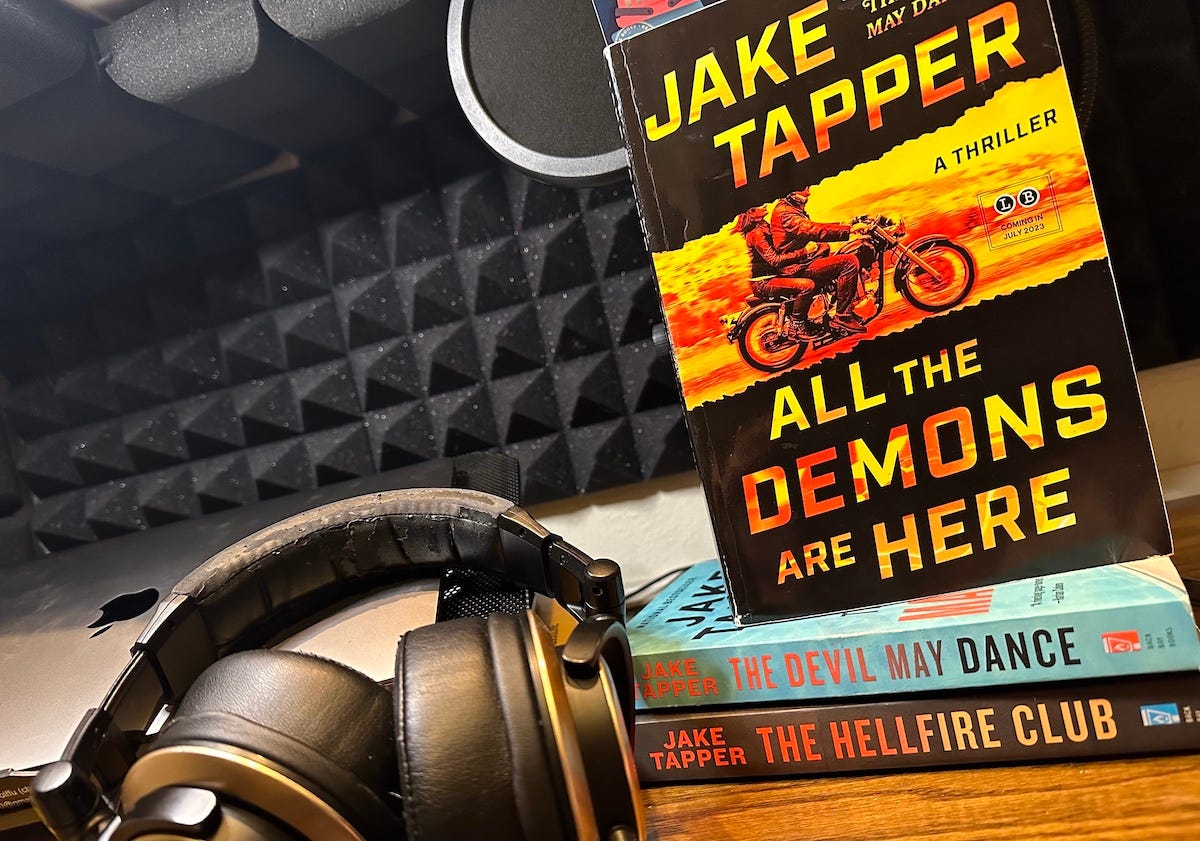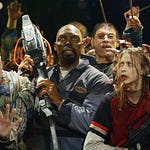This week I’m rejoined by Jake Tapper, who is on the show to discuss his new novel All the Demons Are Here, the third book in the Charlie and Margaret Marder Mysteries. It’s a great beach read and works as a standalone, but I still recommend checking out his previous novels as well to get the full scope of of the Marder family’s story. On this episode we discuss how the books have evolved, the research that went into writing them, and which big name is circling an adaptation of The Hellfire Club for a big streamer. If you enjoyed the episode, make sure to pick up a copy of Jake’s book. And share this episode with a friend!
What If Evel Knievel Had Run for President?
Jake Tapper on his new novel, 'All the Demons are Here.'
Jul 15, 2023





















I grew up with boys who made ramps and tried to jump over everything with their bikes because of Evel Knievel. But that was the extent of my knowledge. So when I saw the title of this episode, I laughed and thought, “Well, why not?” And now I know why not. ☹️ Great interview. I’ve got to pick up the Tapper books now.
When I saw this title in my email I thought it was a Quora question.